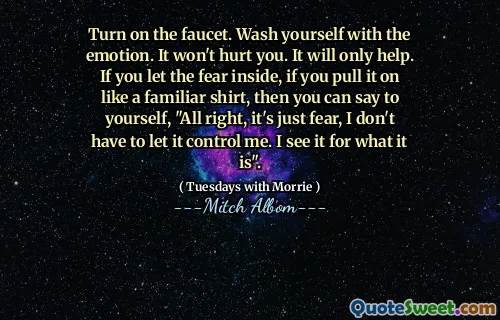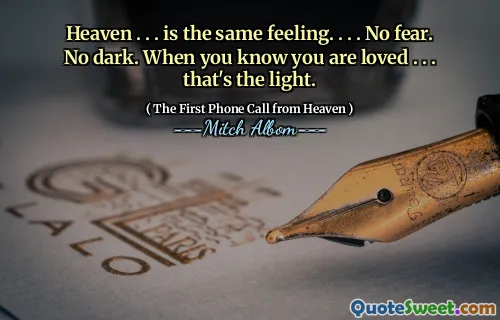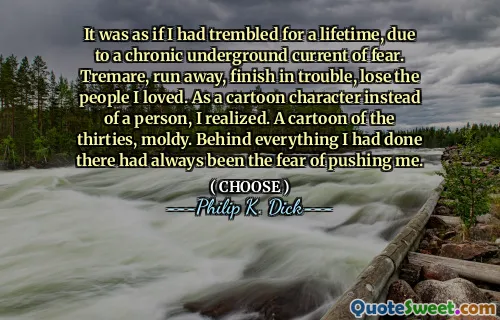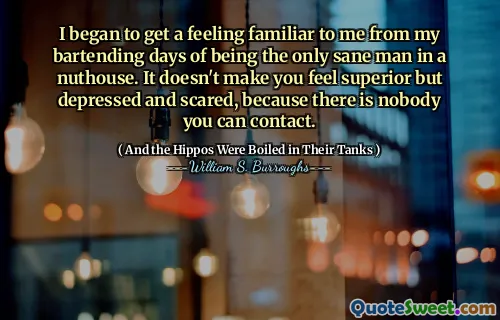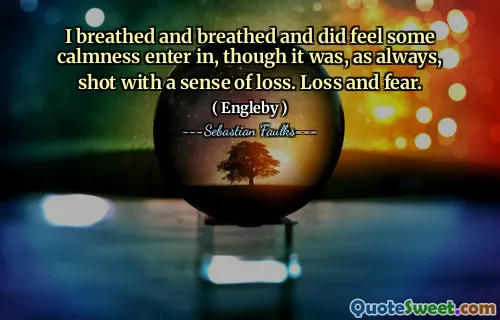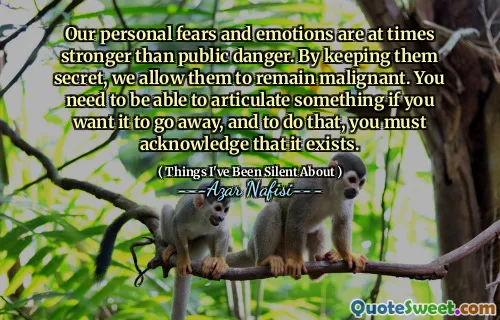
God! Is there anything uglier than a frightened man!
This quote suggests a profound reflection on human fear and its impact on character. At first glance, the question posed seems to highlight the visceral and often ugly nature of fear, especially when it manifests as panic or desperation in individuals. Fear, as a basic human emotion, has been studied extensively in psychology; it serves as a survival tool, alerting us to danger. However, when fear overtakes reason and composure, it can lead to behavior that is unbecoming or even repulsive, as the quote implies. This raises intriguing questions about the nature of inner strength and composure. Many philosophical and literary works explore how the human face changes under stress, revealing vulnerability, cowardice, or even moral decline. The idea here could also relate to societal judgments—people might judge a frightened individual as less admirable, more fragile, or imperfect. Yet, this quote also prompts us to consider empathy: fear is a universal emotion, and perhaps the ugliness perceived is not inherent in fear itself, but in how we judge those overwhelmed by it. It can serve as a critique of superficial appearances, emphasizing that true character reveals itself in moments of terror, and perhaps what is ugly is not the fear itself but the loss of dignity and self-control that comes in facing one’s fears. Ultimately, the quote confronts us with the unsettling truth that a frightened man, stripped of bravado, may reveal a more honest, albeit less aesthetically pleasing, reflection of our shared human nature. This reflection invites introspection about how society perceives strength and vulnerability and whether compassion might be a more fitting response to human frailty.






